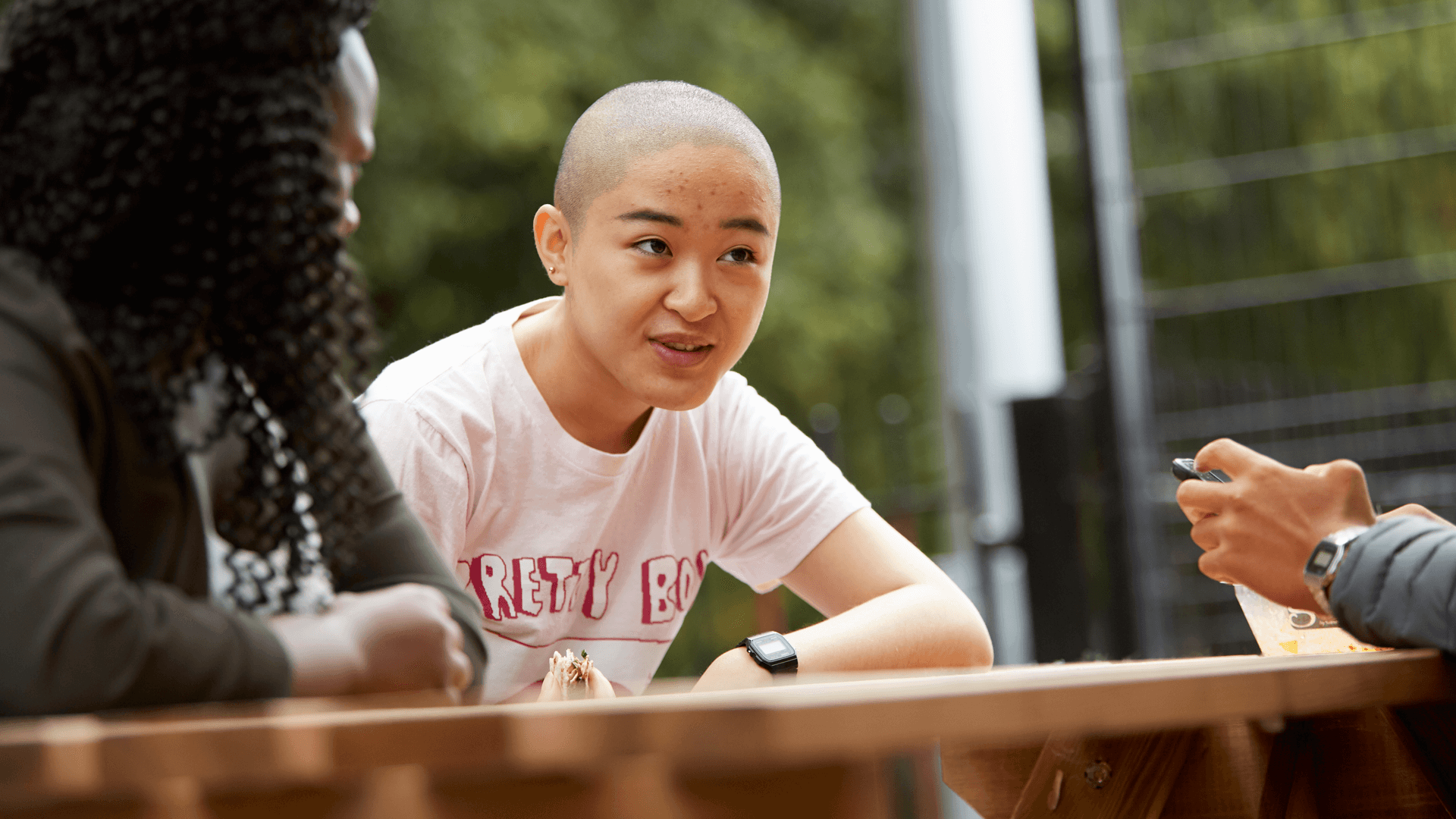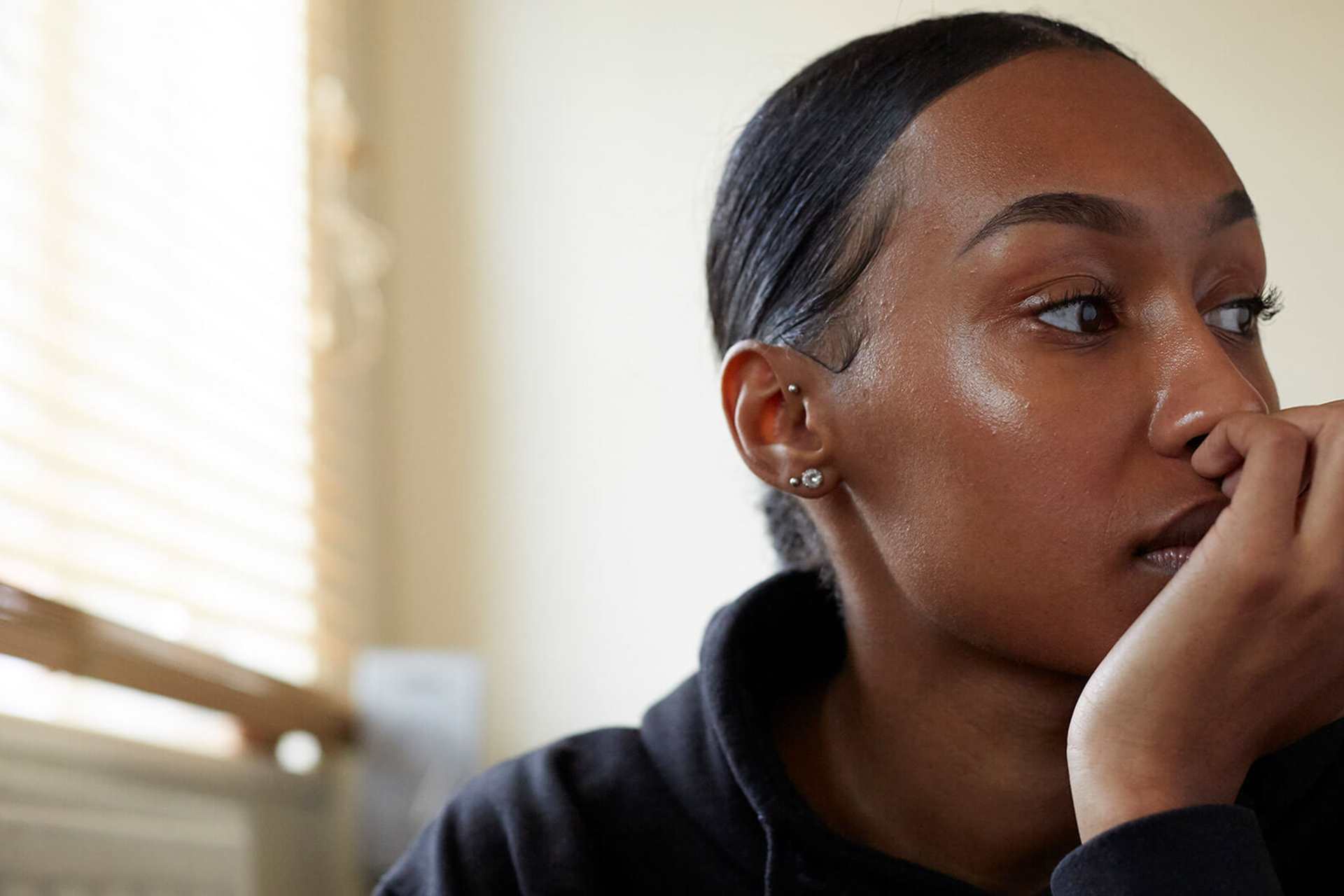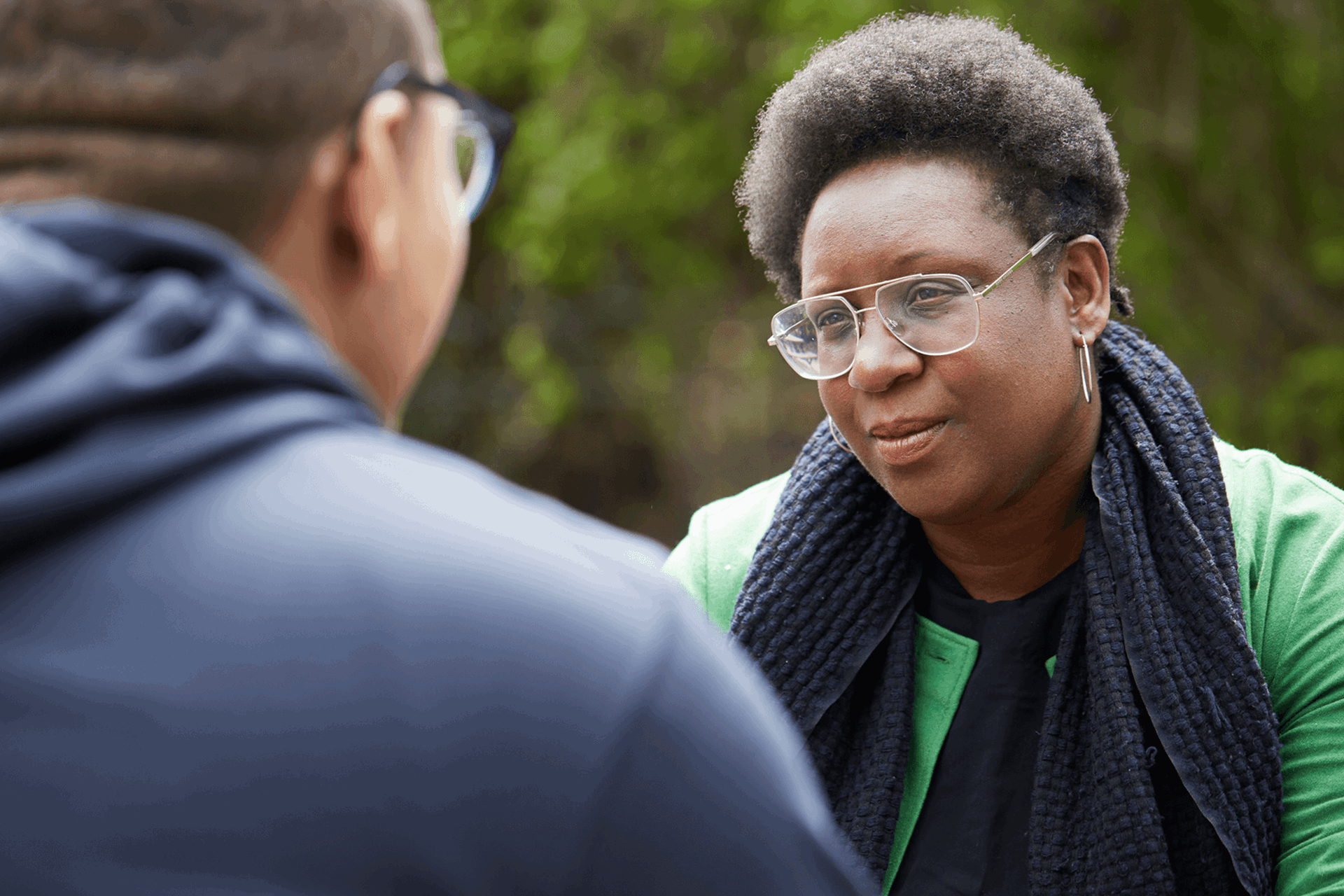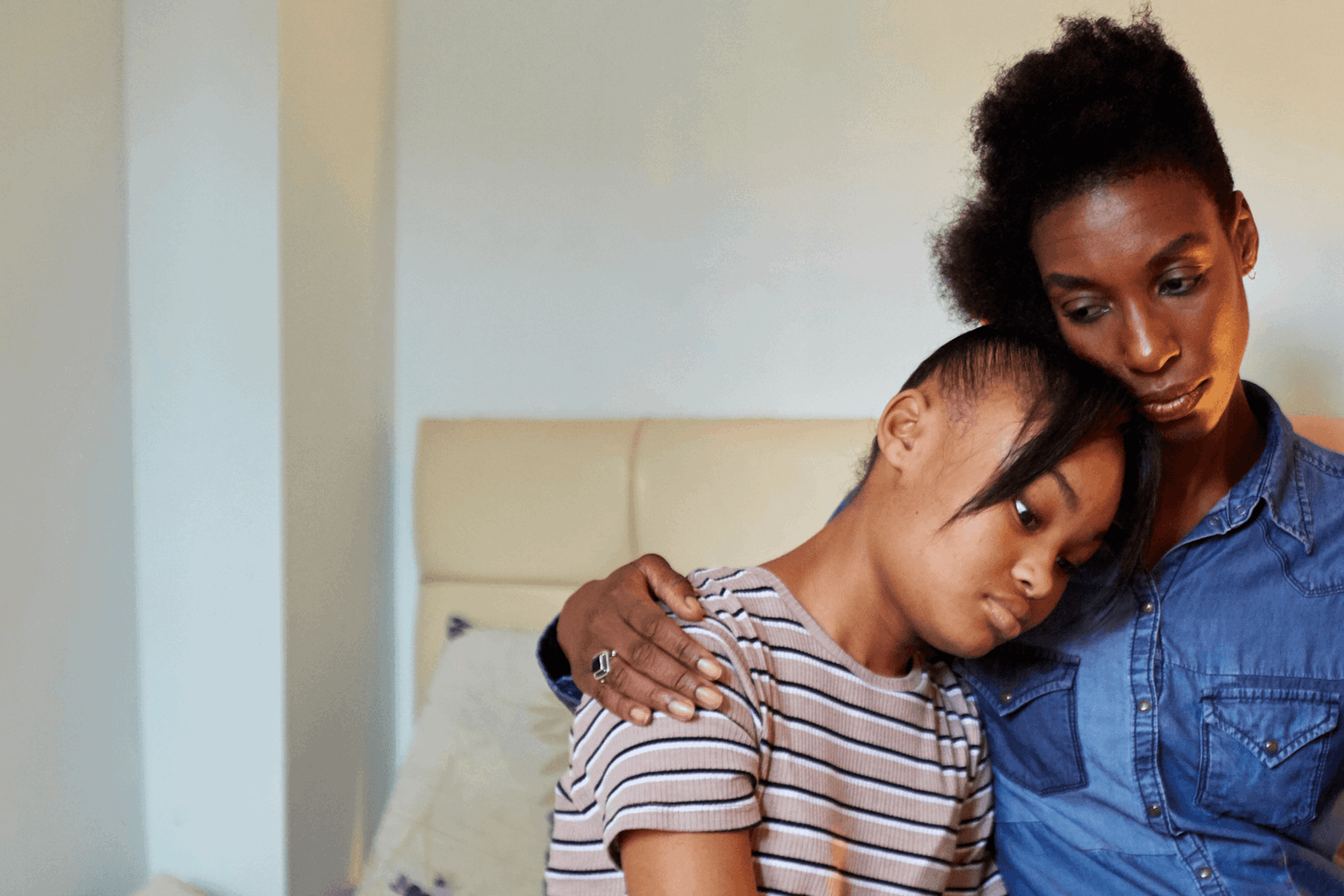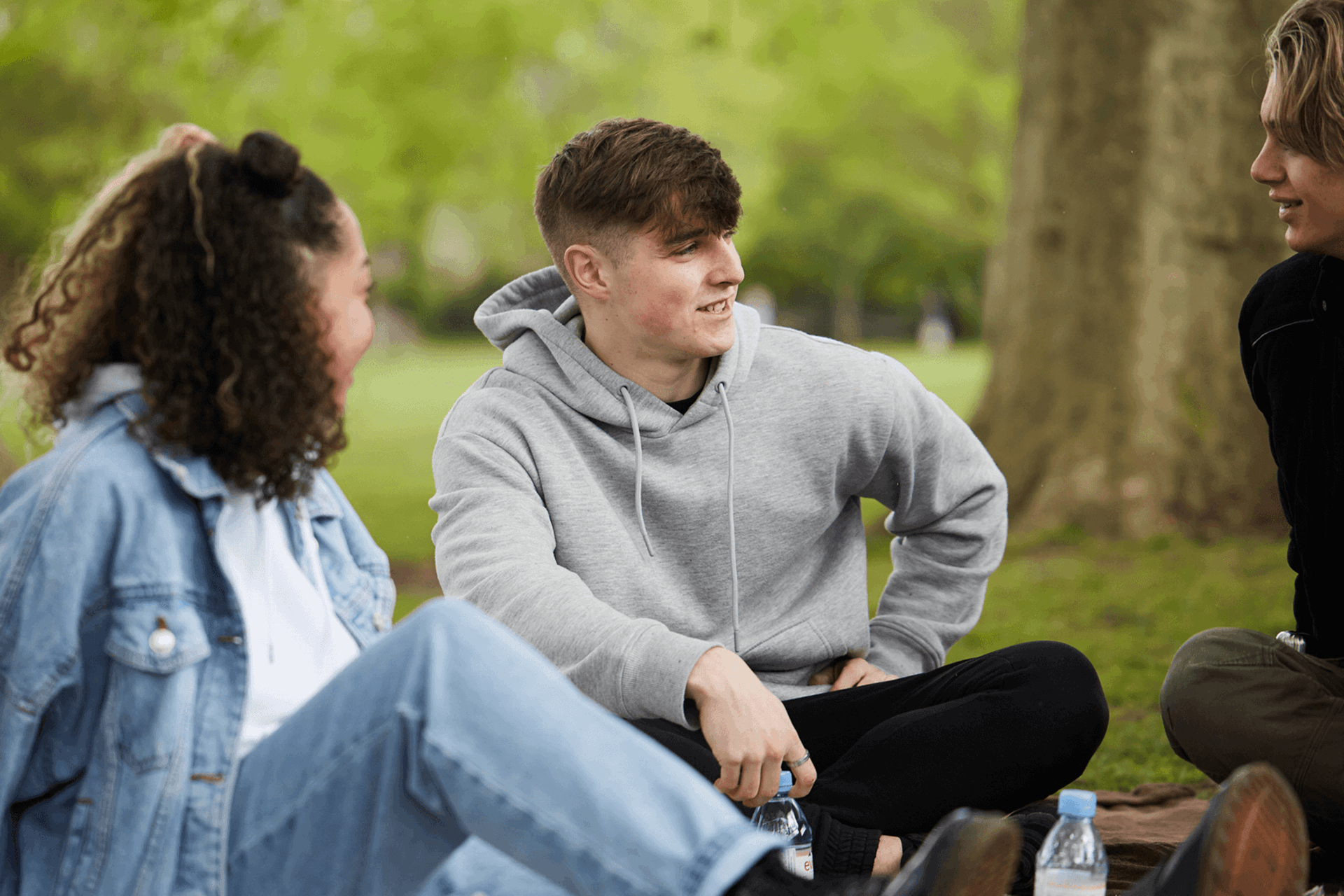Topics mentioned: OCD, counselling and therapy, medication
About: There is still a lot of confusion and misunderstanding about obsessive compulsive disorder (OCD). Our blogger Olivia shares some common misconceptions.
There is a focus on people with OCD being complete “clean freaks”, which is a common misconception.
OCD affects 1.2% of the population in the United Kingdom alone, which equates to around 12 in every 1,000 people, and as many as 130,000 young people.
With that in mind, it is likely your everyday environment is inhabited by those that have the condition.
I’ve had OCD for 21 years, which amounts to my whole life. What does this say about me? I don't know; I have learnt that other people’s opinions do not matter and it’s important to focus on yourself. That being said, if you have OCD you are likely to hear other people’s thoughts as they attempt to offer help and guidance. So, to prepare, here are the most common responses I hear when I tell someone I have OCD.
You went to the doctor about your OCD? But you're not ill?
OCD is a genuine, recognised condition. It’s fuelled by a person’s desire to obsessively (the clue is in the name) carry out rituals both mentally and physically. It is most commonly referred to as an anxiety disorder, and many of those that suffer are treated regularly with cognitive behavioural therapy (CBT) and, sometimes, medication.
Leonardo DiCaprio, Justin Timberlake and David Beckham have admitted to battling with the disorder!
OCD affects 1.2% of the population in the United Kingdom alone, which equates to around 12 in every 1,000 people.
Why don't you just force yourself to stop?
If it truly were that simple, then OCD would not have a chance to thrive. As someone with the condition, I long to put my quirks in a drawer and throw away the key. But as with any condition of the mind, it’s not so straightforward. I have regularly attempted to stop but I’ve found that it’s not something you can simply go cold turkey on, it takes time and lots of effort.
You must be really tidy!
There is a focus on people with OCD being complete “clean freaks”, which is a common misconception. OCD is about control and anxiety - only a small percentage actually find comfort in cleanliness. I, for example, find a relief in having everything tidy, but my obsessions do not centre on it.
OCD is more in-depth than simply one primary ritual, and most people have multiple problems that they battle.
OCD is a genuine, recognised condition. It’s fuelled by a person’s desire to obsessively (the clue is in the name) carry out rituals both mentally and physically.
You'll probably grow out of it
Unlike biting your nails and sucking your thumb, OCD is more ingrained. It is an act you do consciously to appease the voice in your head. It is not something that you can leave behind as you develop - OCD develops with you.
I think I have OCD
If you are met with this reaction, then you have an important task. It is essential that everyone is educated correctly on what to do if they think they or someone else has OCD. There are plenty of websites that are a great gateway to support groups. Doctors can also help, and can refer you to a cognitive psychologist who can help you create an action plan. But best of all, talk. If you know someone with OCD, share stories and support them.
Doctors can also help, and can refer you to a cognitive psychologist who can help you create an action plan.
No matter what reaction your OCD announcement may have, there will always be people willing to listen to your story. It may be that they need some further educating, and if so, why not show them this blog post to help them understand?
Where to get help
If you're struggling with your mental health, support is available.
Where to get help
However you're feeling, there are people who can help you if you are struggling. Here are some services that can support you.
-
OCD Action
Offers support and information to anybody affected by obsessive compulsive disorder (OCD).
- Opening times:
- 9:30am - 8pm, Monday - Friday
-
Childline
If you’re under 19 you can confidentially call, chat online or email about any problem big or small.
Sign up for a free Childline locker (real name or email address not needed) to use their free 1-2-1 counsellor chat and email support service.
Can provide a BSL interpreter if you are deaf or hearing-impaired.
Hosts online message boards where you can share your experiences, have fun and get support from other young people in similar situations.
- Opening times:
- 24/7
